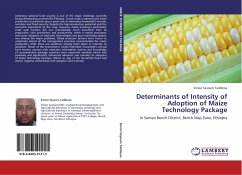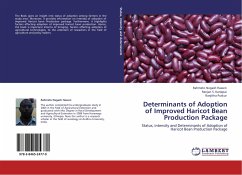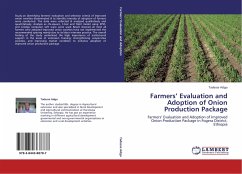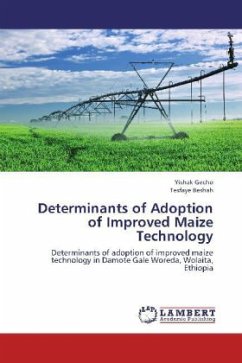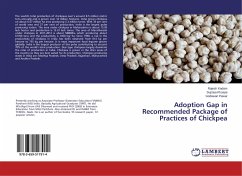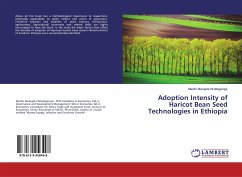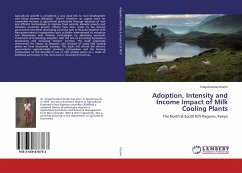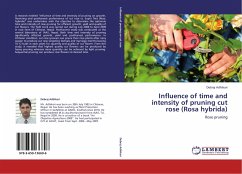Achieving national food security is one of the major challenge currently facing developing countries like Ethiopia. Cereal crops in general and maize production in particular play a great role in improving household s income, nutrition and food security. Despite the high production potential and the economic importance of the crop, however, maize producers particularly small scale farmers did not economically much benefited from its production. Low production and productivity, which is mainly associated with poor adoption of improved technologies and poor marketing system, was among the major problems. Maize producer farmers were found to undertake almost all the management practices recommended for maize production while there are variations among them selves in intensity of adoption. Result of the econometric model indicated, household s annual farm income, contact with extension information sources and knowledge of recommended package practices were important variables which had positively and significantly influenced adoption and intensity of adoption of maize technology package. Where as, age of the household head had shown negative relationship with adoption and intensity.
Bitte wählen Sie Ihr Anliegen aus.
Rechnungen
Retourenschein anfordern
Bestellstatus
Storno

